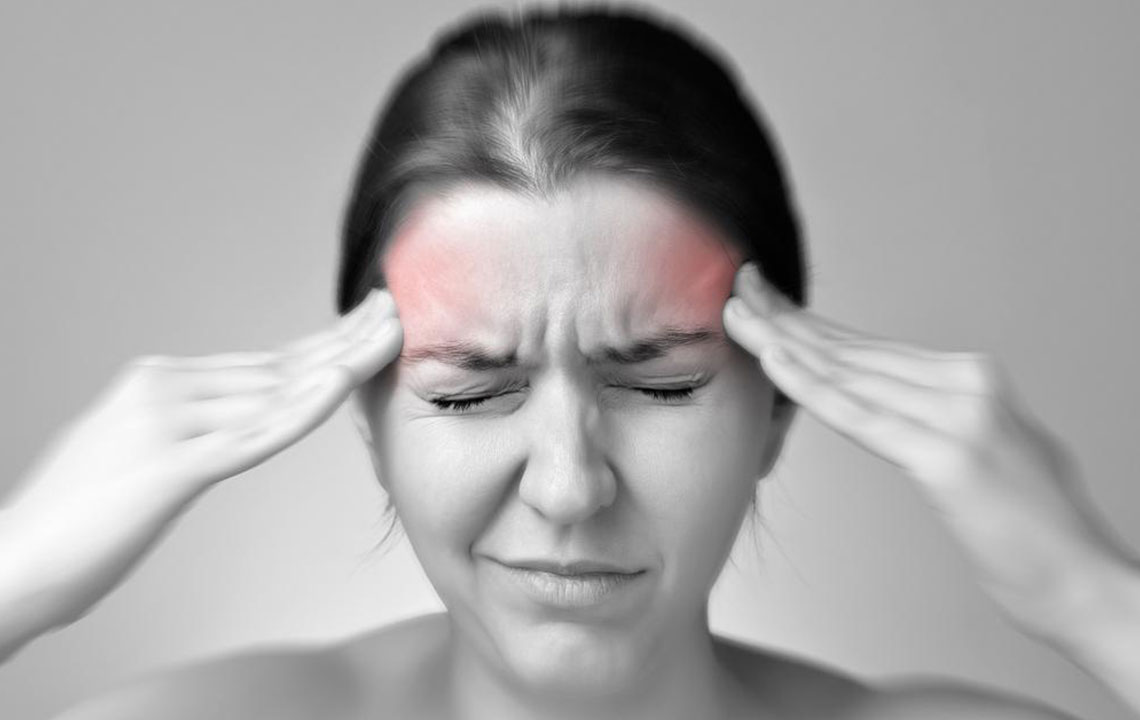Comprehensive Guide to Huntington's Disease: Causes, Symptoms, and Management
This comprehensive overview of Huntington's disease covers its genetic causes, symptoms, diagnosis methods, and current management strategies. It highlights how the disorder affects movement, cognition, and mood, emphasizing the importance of early detection and supportive therapies. Although no cure exists, treatments aim to alleviate symptoms and improve quality of life for affected individuals. The article serves as an informative resource for patients, caregivers, and healthcare professionals seeking to understand this complex neurogenetic condition.

Advancing Knowledge About Huntington's Disease
Known as HD in medical circles, Huntington's disease is a neurodegenerative condition impacting the brain and central nervous system. It is a hereditary disorder appearing typically in adulthood, affecting both men and women. The disease damages nerve cells, leading to declining mobility and memory issues over time. Approximately 1 in 10,000 Americans are affected by Huntington's disease.
Inherited in nature, each child has a 50% chance of inheriting the faulty gene if a family member carries it. The Huntington's Disease Society of America estimates around 30,000 Americans exhibit symptoms, with over 200,000 at risk of developing the disorder.
What causes Huntington's disease?
Huntington's is a genetic disorder caused by a defective gene passed from parent to child. Each person inherits two copies of each gene; if one parent carries the faulty gene, the child has a 50/50 chance of inheriting it. A single defective gene is sufficient to increase the risk of developing Huntington's.
This gene resides on chromosome 4. Normally, it produces a protein called huntingtin. However, if defective, it produces a mutant protein that damages brain cells, especially in the basal ganglia and cortex, which are vital for movement, behavior, and cognitive functions.
Symptoms usually emerge between ages 30 and 50 but can appear as early as age 2 or as late as 80. Manifestations include cognitive, psychiatric, and motor issues.
Cognitive issues: Challenges with planning, focusing, and adapting to changes. Symptoms include stubbornness, emotional outbursts, impulsivity, and sexual promiscuity.
Psychiatric symptoms: Depression, apathy, social withdrawal, sleep disturbances, mood swings, obsessive behaviors, and bipolar tendencies.
Physical problems: Involuntary movements like jerking or writing motions, muscle rigidity, abnormal eye movements, balance difficulties, speech and swallowing struggles, often with weight loss.
Diagnosis: Reviewing family history is key. Confirmatory tests include neurological exams, neuropsychological assessments, brain imaging, and genetic testing. Blood tests can detect mutant huntingtin protein, aiding risk evaluation.
When high risk is identified, genetic counseling and testing are recommended to inform individuals about potential outcomes.
Currently, there is no cure for Huntington's, but symptom management involves medications tailored over time, complemented by physical, speech, occupational therapies, and psychotherapy, enabling patients to maintain quality of life.










